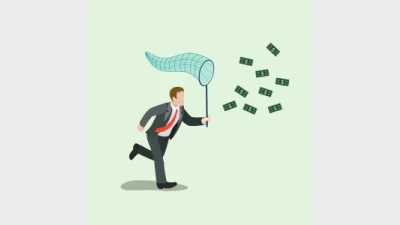Amnesty bill does not prevent future underpayment



The unpaid superannuation amnesty bill does little to prevent future underpayments, according to Industry Super Australia (ISA).
The bill, announced on Monday, gave employers the opportunity to pay employees any super underpayment without incurring penalties.
However, ISA said while the bill would help recover around $200 million for members this was less than 5% of the annual unpaid super bill and did little to prevent future underpayments.
ISA chief executive, Bernie Dean, said: “That members will be reunited with their super is a good thing, but this Bill does little to fix the causes of the $6 billion unpaid super scandal.
“One-in-three Australian workers have been ripped off by a dodgy boss and with enforcement sadly lacking they do so without fear of punishment.
“The chance to address unpaid super was now and because the government failed to act on important reforms 2.85 million Australians will continue to be ripped off.”
ISA said the law only required super to be paid quarterly and not in line with pay cycles. Mandating super payments on payday would make it “much harder for dodgy bosses to rip off workers”, the body said.
ISA noted the government had committed to including super in the National Employment Standards and this should have been included in the amnesty bill as it would allow workers the legal right to pursue unpaid super.
Recommended for you
Australia’s largest super funds have deepened private markets exposure, scaled internal investment capability, and balanced liquidity as competition and consolidation intensify.
The ATO has revealed nearly $19 billion in lost and unclaimed super, urging over 7 million Australians to reclaim their savings.
The industry super fund has launched a new digital experience designed to make retirement preparation simpler and more personalised for its members.
A hold in the cash rate during the upcoming November monetary policy meeting appears to now be a certainty off the back of skyrocketing inflation during the September quarter.









